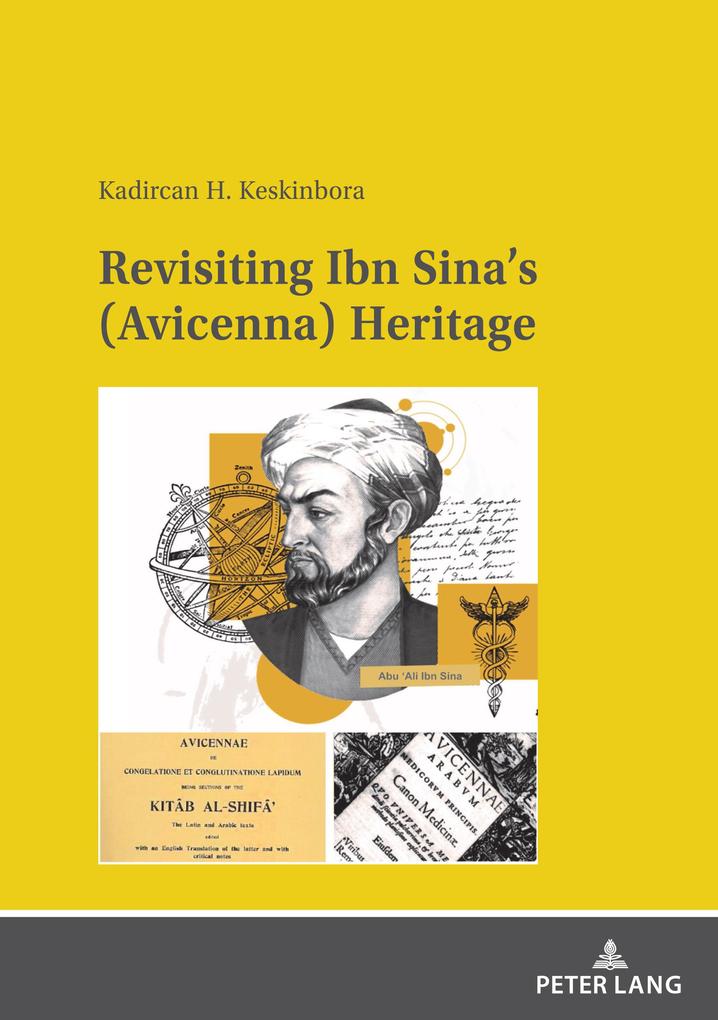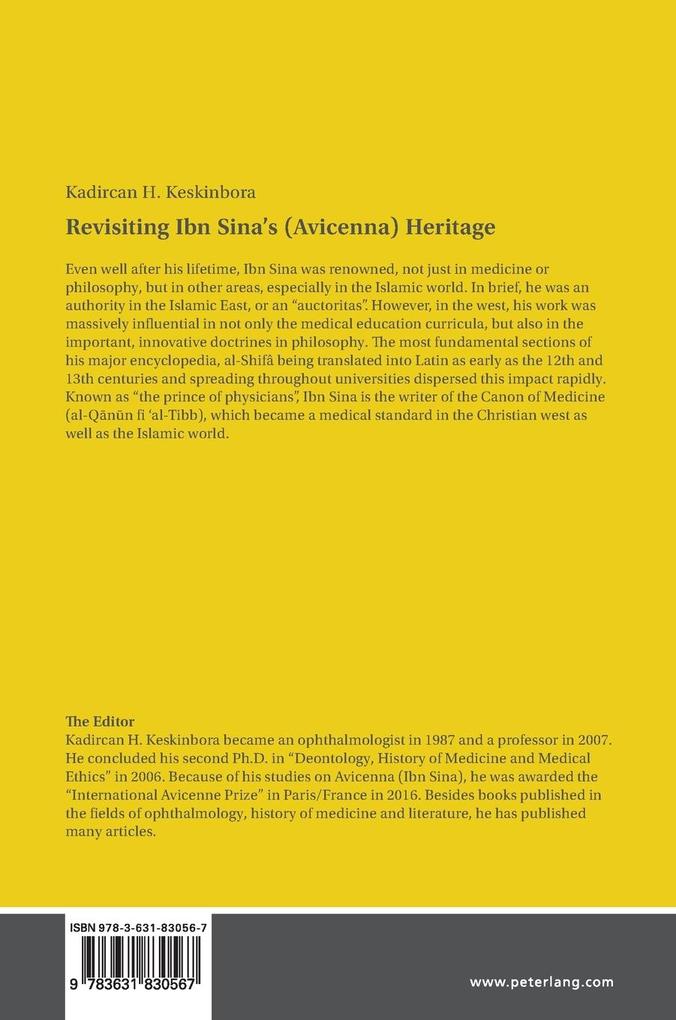
Zustellung: Sa, 26.07. - Mi, 30.07.
Versand in 7 Tagen
VersandkostenfreiBestellen & in Filiale abholen:
Ibn Sina - or Avicenna as he is known in the Latin West - is perhaps the most representative figure of medicine and philosophy in the world. His influence was not limited to the East, but also extended profoundly to the West. In brief, he was an authority in the Islamic East and Latin West.
Even well after his lifetime, Ibn Sina was renowned, not just in medicine or philosophy, but in other areas, especially in the Islamic world. In brief, he was an authority in the Islamic East, or an "auctoritas". However, in the west, his work was massively influential in not only the medical education curricula, but also in the important, innovative doctrines in philosophy. The most fundamental sections of his major encyclopedia, al-Shifâ being translated into Latin as early as the 12th and 13th centuries and spreading throughout universities dispersed this impact rapidly. Known as "the prince of physicians", Ibn Sina is the writer of the Canon of Medicine (al-Qa¯nu¯ n fi 'al-Tibb), which became a medical standard in the Christian west as well as the Islamic world.
Inhaltsverzeichnis
Medieval era - Ibn Sina - Avicenna - Canon of Medicine- Al-Shifa-< i/> Early Renaissance - Musical theory - Alchemical texts - Self-knowledge - Suspended man in space - ophthalmology - Astronomy studies - Medical crises - Body politic metaphor - Creation and sustaining, Medical teaching in European universities
Produktdetails
Erscheinungsdatum
23. September 2021
Sprache
englisch
Auflage
1. Auflage
Seitenanzahl
354
Herausgegeben von
Kadircan Hidir Keskinbora
Weitere Beteiligte
Kadircan Hidir Keskinbora
Verlag/Hersteller
Produktart
gebunden
Abbildungen
14 Abb.
Gewicht
570 g
Größe (L/B/H)
216/153/24 mm
ISBN
9783631830567
Bewertungen
0 Bewertungen
Es wurden noch keine Bewertungen abgegeben. Schreiben Sie die erste Bewertung zu "Revisiting Ibn Sina's (Avicenna) Heritage" und helfen Sie damit anderen bei der Kaufentscheidung.










